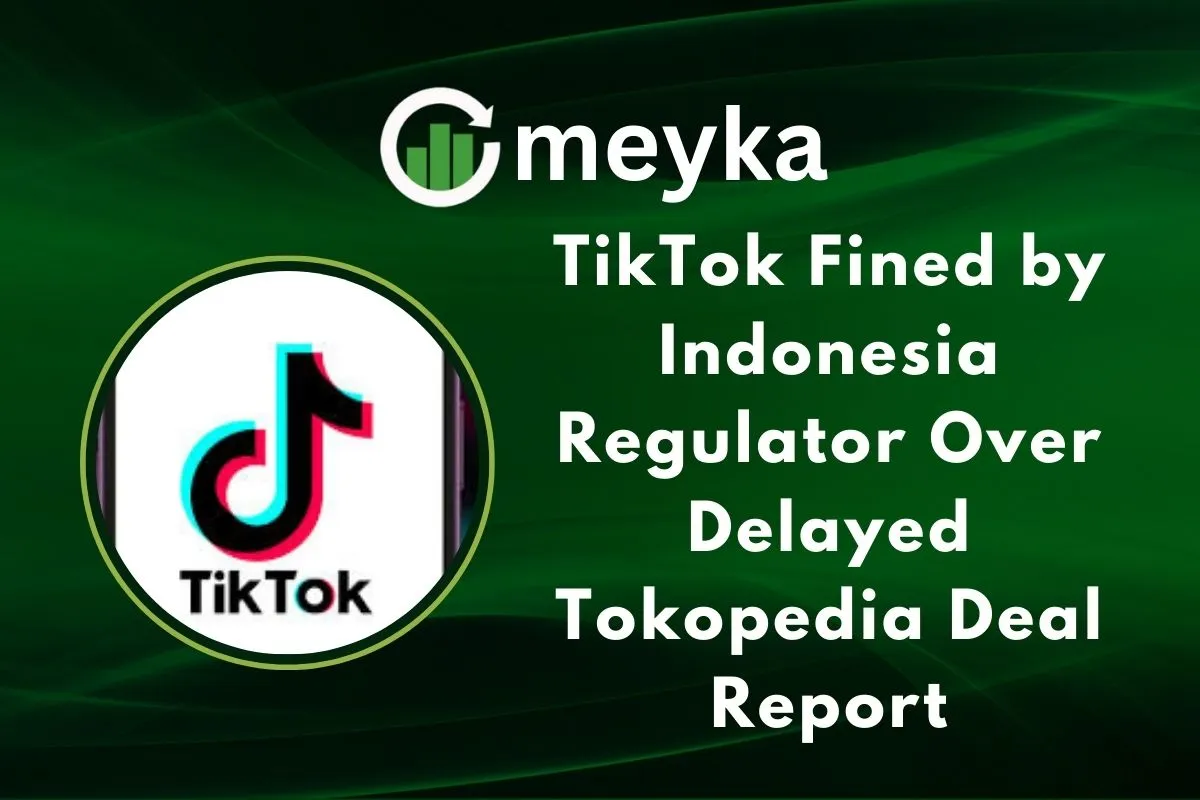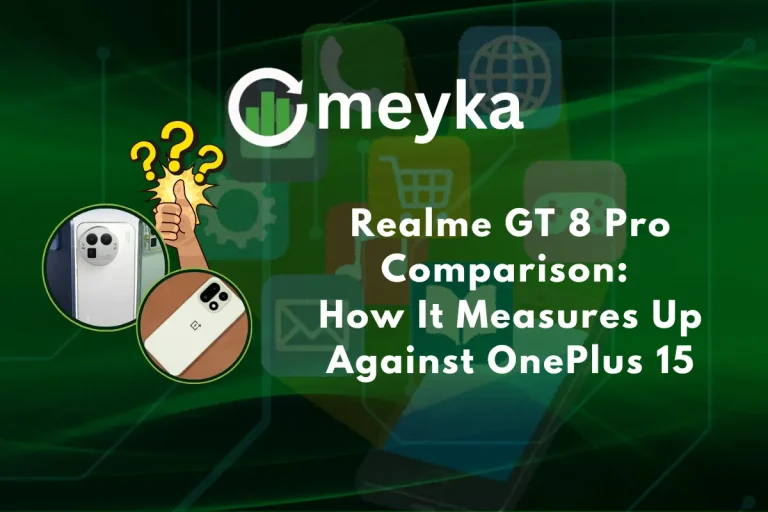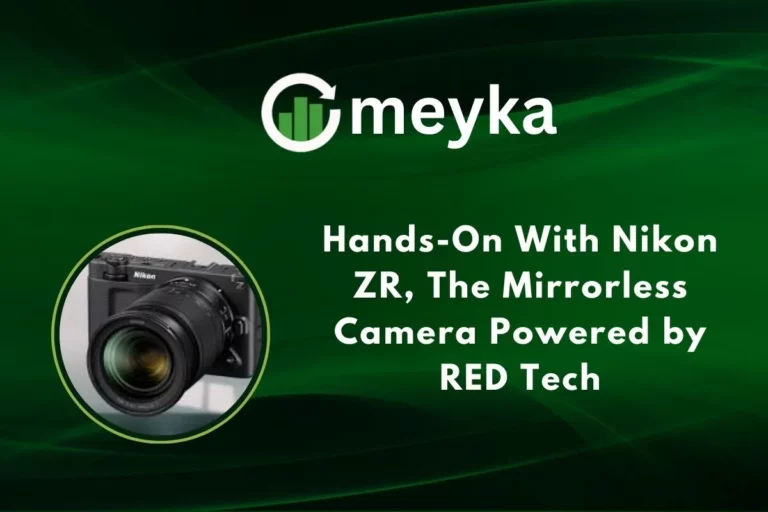TikTok Fined by Indonesia Regulator Over Delayed Tokopedia Deal Report
In January 2024, TikTok, owned by China’s ByteDance, acquired a 75.01% stake in Tokopedia, Indonesia’s largest e-commerce platform, for $840 million. This strategic move aimed to strengthen TikTok’s presence in Southeast Asia’s digital commerce sector. However, the acquisition faced regulatory scrutiny from Indonesia’s antitrust agency, KPPU, due to concerns over potential monopolistic practices. Despite receiving conditional approval in June 2025, TikTok was fined 15 billion rupiah (approximately $900,000) for failing to report the acquisition within the required timeframe. This incident underscores the challenges global tech companies face when navigating regulatory landscapes in emerging markets.
Background: TikTok and Tokopedia
TikTok, a short-video platform launched in 2016, has rapidly expanded its services to include e-commerce, aiming to capitalize on the growing digital shopping trend. Tokopedia, founded in 2009, is one of Indonesia’s leading online marketplaces, offering a wide range of products from electronics to fashion. The merger between TikTok and Tokopedia was seen as a strategic move to create a dominant force in Indonesia’s e-commerce sector.
The Tokopedia Deal
The acquisition deal, finalized in January 2024, involved TikTok purchasing a controlling 75.01% stake in Tokopedia for $840 million. This partnership aimed to integrate TikTok’s vast user base with Tokopedia’s established e-commerce platform, creating a seamless shopping experience for Indonesian consumers. The merger was expected to enhance product discovery through TikTok’s algorithm and expand Tokopedia’s reach.
Regulatory Concerns and Fine
The Indonesian antitrust agency, KPPU, raised concerns about the merger’s potential to create a monopoly in the digital commerce space. Investigations revealed that the acquisition could lead to reduced competition, potentially resulting in higher prices and fewer choices for consumers. As a result, KPPU imposed a fine of 15 billion rupiah on TikTok for failing to report the acquisition within the mandated timeframe. TikTok acknowledged the fine and expressed its commitment to complying with Indonesia’s competition laws.
Market and Industry Impact
The merger has had significant implications for Indonesia’s e-commerce landscape. While the integration aimed to streamline operations, some sellers reported challenges, including reduced visibility and increased costs. These issues have led to concerns about the merger’s impact on small and medium-sized enterprises (SMEs).
Broader Implications
This incident highlights the importance of regulatory compliance for foreign companies operating in emerging markets. It underscores the need for a thorough understanding and adherence to local laws to avoid legal pitfalls. For other tech giants considering expansion into Indonesia, this serves as a cautionary tale about the complexities of navigating antitrust regulations.
Conclusion
The fine imposed on TikTok by Indonesia’s antitrust agency serves as a reminder of the critical importance of regulatory compliance in international business operations. As digital commerce continues to grow, companies must ensure they align with local laws to foster fair competition and maintain consumer trust. The TikTok-Tokopedia merger, while promising, also illustrates the challenges and responsibilities that come with significant market consolidations.
FAQS:
Yes, ByteDance acquired a 75.01% stake in Tokopedia for $840 million in January 2024. This deal was finalized after regulatory approvals.
Yes, TikTok Shop remains banned in Indonesia. The government imposed a ban on e-commerce transactions via social media platforms to protect small businesses and users’ data.
Yes, ByteDance plans to cut about 450 jobs in Indonesia. This decision follows the merger of TikTok Shop with Tokopedia.
Disclaimer:
This content is for informational purposes only and is not financial advice. Always conduct your research.






